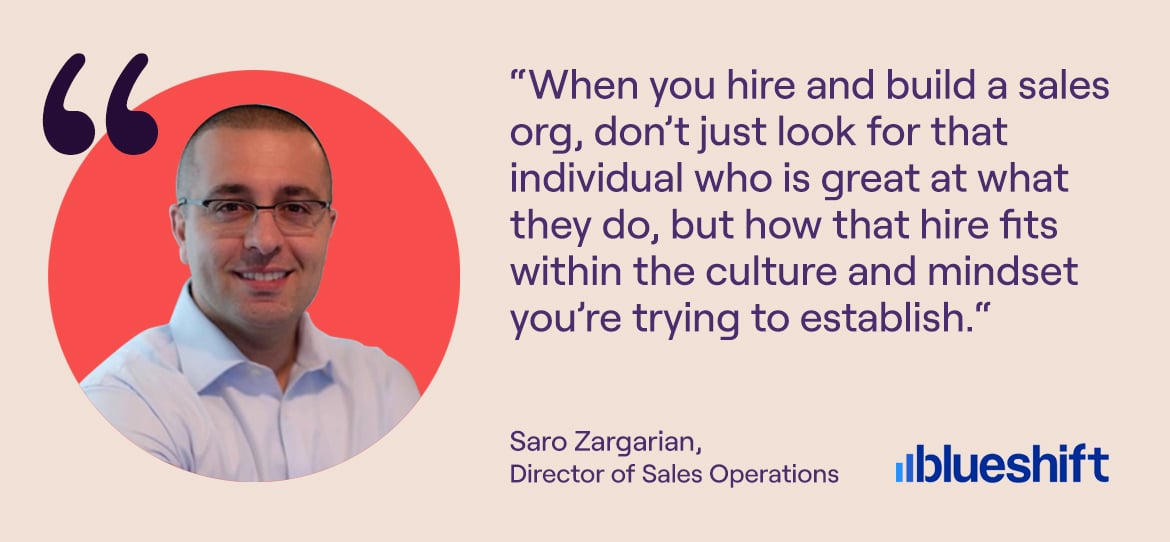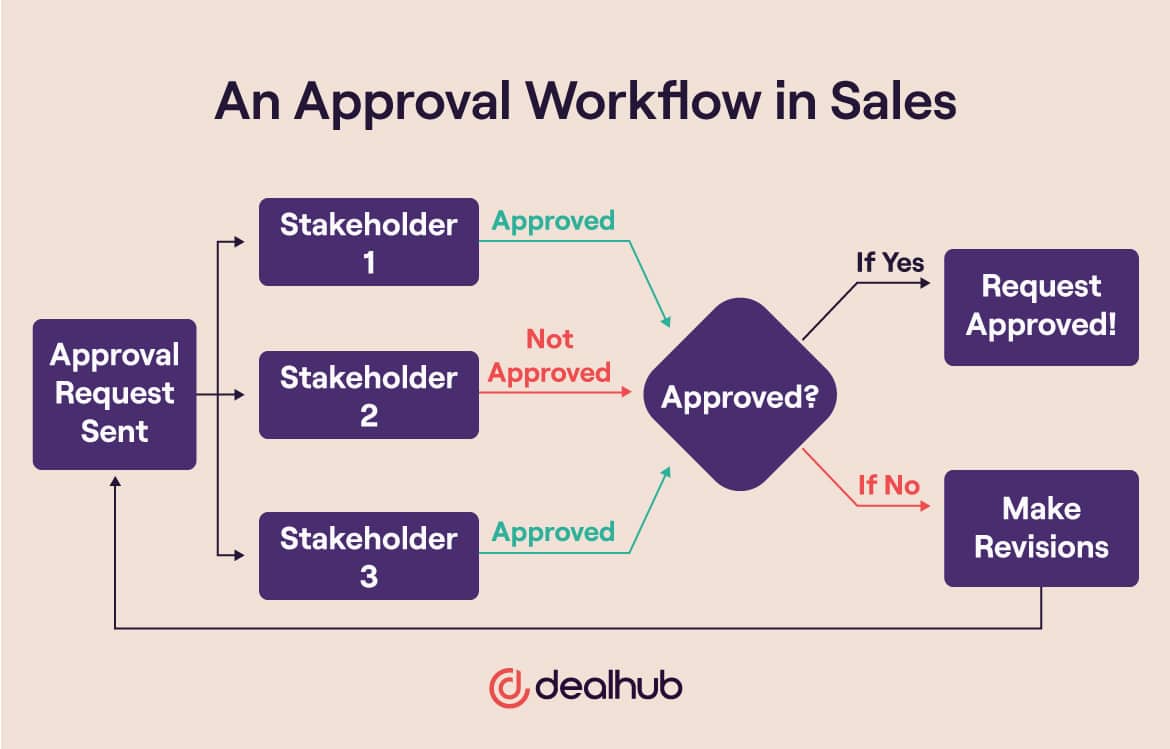The idea behind this quote is certainly applicable to sales teams. In fact, it underpins the need for a sales playbook (a.k.a. guided selling playbook) in your organization. Creating a sales playbook and putting it in the hands of your team helps to create a better and healthier sales culture. It also creates an immediate positive impact on your bottom line, and we’ll get into that shortly.
A playbook puts your sales team on the same page, transforming them from a group of individuals who independently score an occasional win, into a revenue engine that’s been optimized to perform. Ask any sales leader if they’d prefer to operate with or without a sales playbook, and the response will be overwhelming, if not unanimous.
Building a winning sales team isn’t just about personality, work ethic or cultural fit. Process is something that affects each and every employee, and this is where a guided selling playbook can become a sales manager’s best friend. It’s what enables you to train reps along established guidelines, implement sales best practices across the org, and lay the foundation of a successful sales culture.
In a recent episode of our RevAmp podcast, Saro Zargarian, Director of Sales Operations at Blueshift, said, “When you hire and build a sales org, don’t just look for that individual who is great at what they do, but how that hire fits within the culture and mindset you’re trying to establish across the entire sales org.” He then went on to explain how a sales playbook was essential to enforcing that mindset.

What is a sales playbook?
A sales playbook is designed to queue up a series of questions that branch out into different paths based on what your sales reps enter and/or your customer needs. Each answer is then used to determine the most appropriate product or service, price, and other considerations that will help close the deal. The outcome? A simpler and faster sales proposal process, more satisfied customers, and more accurate offerings based on established rules and pre-approved best practices.
Guided selling leverages a sales tool that asks your reps a series of questions about the core properties of their deal. The answers are then run through a set of rules defined by management. The result is a quote that aligns perfectly with the strategies created by sales and revenue leaders.
The best way to implement guided selling is via a sales playbook that shows sales reps what they should do in any given situation during the sales proposal process. In addition to helping them make the most strategic selling decisions, it accelerates sales training for new reps, and is a valuable resource that any rep can use to recall and implement best practices in real time. The end result is that sales reps across the organization are more consistent in their selling behavior, and each one is empowered to close more deals – and bigger deals – faster.
The sales playbook is just a small part of what CPQ automation has to offer. CPQ software configures the right products to sell to your customer, whether you offer simple or very complex products.
By creating a B2B sales playbook template, sales leaders can quickly get new hires up to speed and get their whole sales team operating uniformly and effectively. The first step is to establish CPQ configuration rules and scenarios based on particular constraints. Whether its configurations are based on customer type, location, company size, or a combination of other factors, a sales playbook lets you accurately sell to each and every customer.
The benefits of a sales playbook
Shifting from a culture where inconsistency is common and mistakes are made routinely, to one where speed and accuracy are the norm, doesn’t happen overnight. It takes hard work and dedication. But sales playbooks make it incredibly easy.
Let’s get into the four key ways a sales playbook can transform your sales culture.
1. Standardization of best practices
Best practices may include the establishment of repeatable and successful processes, like knowing when it is appropriate to give a discount and how large that discount should be. Using a CPQ with guided selling ensures your sales reps are not able to give discounts outside the profit margin without managers’ approval.
DealHub CPQ includes built-in playbooks that enable sales reps to operate freely within certain limits, like around pricing, for example. At the same time, it enables them to accelerate their sales process with automated discount-approval workflows.

2. Empower sales reps to sell more strategically
Enable sales reps to offer products that are better aligned with their client’s needs. Guided selling will also automatically remind sales reps of any appropriate upsells and cross-sells that relate to the requested service or product. Selling more strategically drives deals towards closing sooner – and, ideally, for a larger amount.
3. Prioritize people over process
Automating these manual processes allows your sales reps to scale their processes and reach more clients than ever before. Your sales reps now have a chance to perform more discovery and focus on their new leads with all the time saved. By creating this environment of caring for your sales reps time, you foster a trusting and motivated culture.
4. Refocus your reps on their clients
Time is precious, especially in business. Give your sales reps more time in their day so they can focus on the needs of their customers and build trusted relationships, instead of wasting hours trying to work through manual processes and disconnected tools. If your sales reps can send proposals and quotes to their prospects more quickly than your competitors, you can shorten time to revenue, scale your sales team more effectively, and close more deals.
Transform your sales culture with a guided selling playbook
Salespeople are a unique breed – they’re often fiercely independent and highly competitive. And some might be hesitant when it comes to using sales software like CRM and CPQ solutions. But it’s important to remember that building a culture of guidance and best practices comes before everything.
With the right tools to foster a positive sales culture, your salespeople will embrace being part of a winning team. Streamlining the product configuration, pricing and quoting process by automating those time-intensive and error-prone tasks can have several huge impacts.
Implementing a sales playbook will make new hires more effective more quickly, and will unleash the full potential of your seasoned salespeople. Standardizing best practices and putting guard rails in place sets the whole team up for success. This is why DealHub’s Revenue Platform empowers leaders to connect their teams and processes – to foster a sales culture built around people, not processes.
Do you consider the impact of processes on your sales culture? Saro Zargarian shares his thoughts on building a sales culture and the impact of a sales playbook in this RevAmp podcast episode. A sales playbook can usher in real change for your sales culture. But it also provides the powerful digital transformation your company needs.

